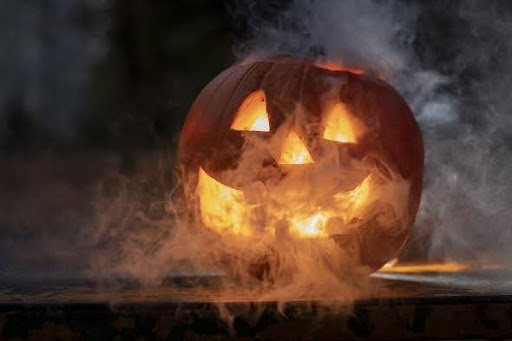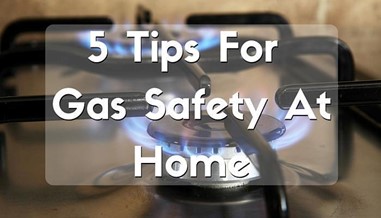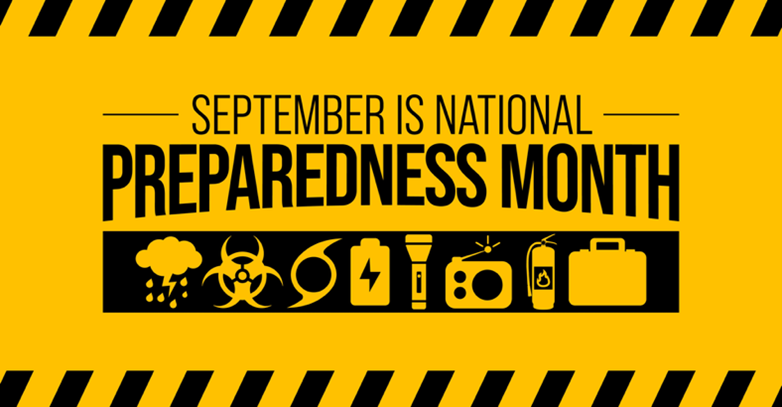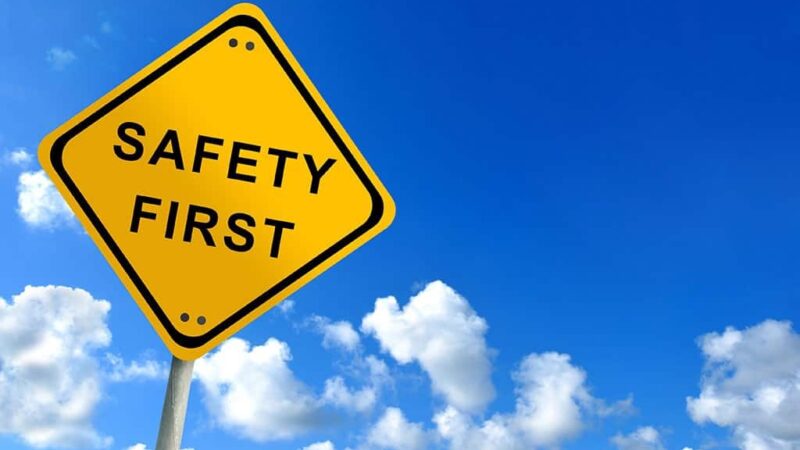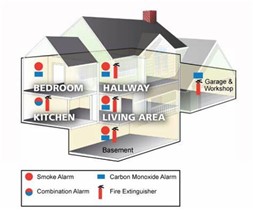Carbon Monoxide: What You Should Know
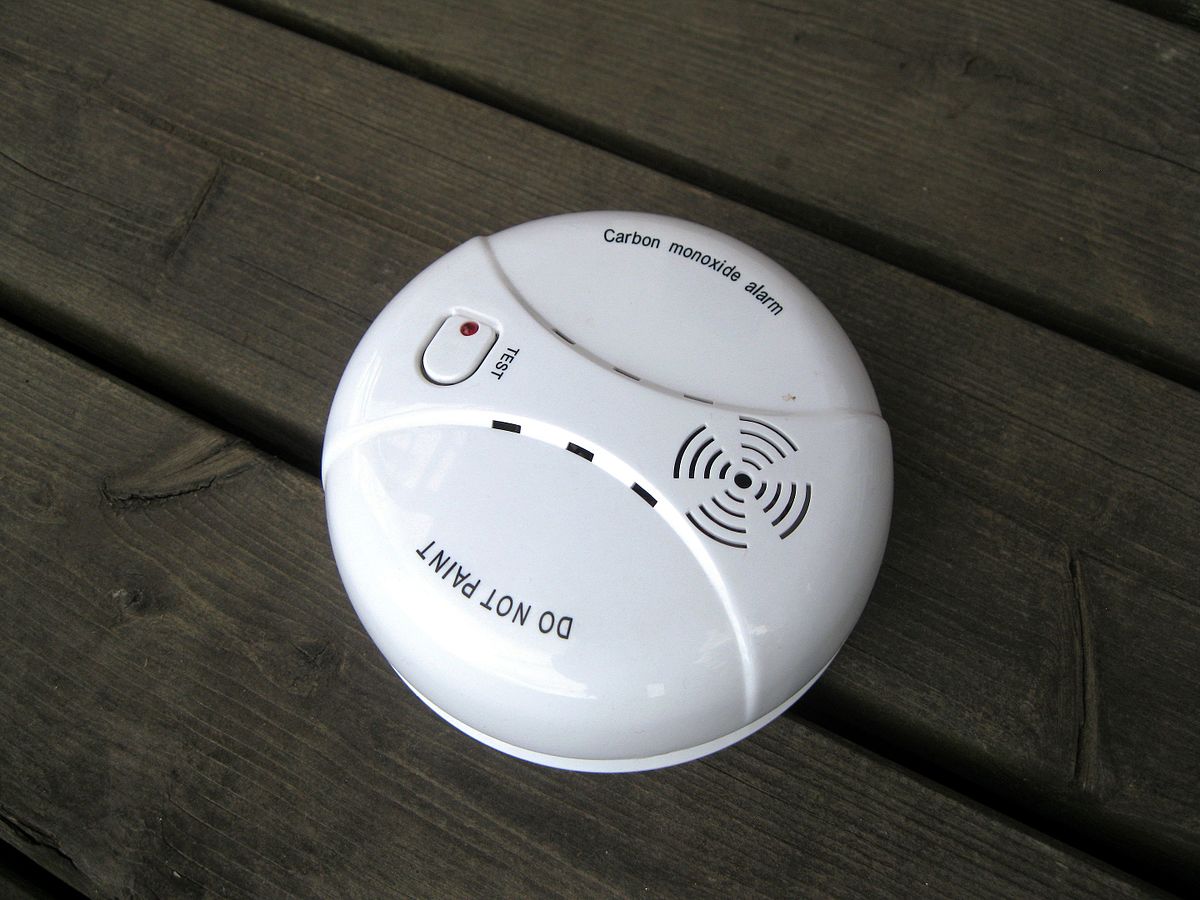
CARBON MONOXIDE: What is it? What causes it?
Carbon Monoxide is a toxic, flammable gas that is produced when a fuel is burned without proper air for complete combustion. It may happen for a number of reasons:
- Insuffient air supply for complete combustion
- Improper venting of equipment
- Faulty appliances
- Lack of ventilation around appliances
Carbon Monoxide is colorless and odorless and is absorbed into the blood 200 times faster than oxygen.
HOW TO RECOGNIZE CARBON MONOXIDE POISONING:
It’s important to realize that the symptoms of carbon monoxide poisoning are similar to flu symptoms. Below are a list of symptoms associated with carbon monoxide poisoning:
- Burning eyes
- Headache
- Dizziness
- Fatigue
- Nausea
- Confusion
- Unconsciousness
Keep in mind that in cases of carbon monoxide poisoning, several or all of the residents of a home may start experiencing the symptoms around the same time. Also note that the symptoms may disappear when people leave the affected area and breath fresh air again.
TIPS ON HOW TO PROTECT YOU AND YOUR FAMILY:
Avoid Carbon Monoxide in your home:
- Before each heating season, have your heating system checked by a qualified plumbing or heating professional.
- Make sure appliance vents and exhaust ducts, such as those on water heaters, dryers and ranges, are not blocked, are in good condition and are properly connected to exhaust the combustion gases out of doors. Keep the area around the furnace and water heater clear.
- Check your chimney to make sure it is not blocked by dirt or bird nests. You can do this by inserting a mirror in the clean-out opening to view the top. Replace rusted vent pipes.
- Never operate your car or other gas-powered engines in an enclosed space, such as a garage.
Your local fire department can provide you with, or direct you to a business or Web site where you can purchase a carbon monoxide detector. Similar to a fire alarm, these detectors will sound off if CO builds up in your home or office. If the detector sounds the alarm, open the doors and windows, call a professional to check your appliances and call 911 or the Poison Control Center at 800-222-1222 if anyone is experiencing symptoms of CO poisoning.


